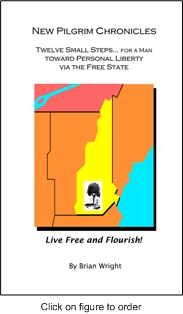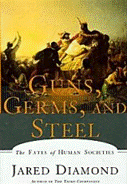A Poem by Sam Mills
2008 May 06
Copyright © Sam Mills
Rewritten for the Gathering at Copper Canyon, Southfield, Michigan
From November 10, 1986
It’s 4:32 in the afternoon, and
the women of the editorial department
are thinking of something other than work.
Each in the privacy of her small work cubicle
—on an isle of 20 cubicles
in a block of sixty cubicles—
each kicks back, reaching for the bottom drawer
and a small bottle, an ancient scent,
oil of whiteout, perhaps, or
attar of pink eraser.
I am the new employee,
the new boy on the aisle,
the only male in the department.
I am young, and this
is my first corporate job.
I have nothing in my bottom drawer yet.
I am not used to the stuffy air
that forms late in the afternoon in these cubes,
but I can hear how the sound of keyboards being tapped
gradually tapers off to nothing.
My coworkers begin to lean back
in their chairs.
Someone closes the Chicago Manual of Style.
Another stares at the computer monitor and lets out
some dreamy sigh that lowers to an almost inaudible moan.
Someone else stands up and stretches,
that long biped feline stretch.
No words spoken, just that afternoon silence
that spreads down the aisles and over
the short fabric walls and I can sense
each woman is linking up to the sensation.
The woman in the next cube takes a deep breath,
holds it, and I can hear her let it go slowly as I realize
the whole department is in some sort of editorial lacuna,
a work stoppage that doesn’t require a union or shop steward,
just something more primary, more primal.
I look again in the bottom drawer of my cubicle’s desk
and realize whatever cologne I put in there,
it will never work.
[rewrite of November 10, 1986]
 The first rule is to keep an untroubled spirit.
The first rule is to keep an untroubled spirit.

 “Son, I’m never going to wear a seat belt; it’s my right as an American to drive as and how I choose—[Dad was a highly skilled driver who would probably, eventually have come to wear seatbelts voluntarily]. It violates everything I believe in… and fought for. I won’t do it, I won’t pay the fine, and they can put me in jail ’til the cows come home.”
“Son, I’m never going to wear a seat belt; it’s my right as an American to drive as and how I choose—[Dad was a highly skilled driver who would probably, eventually have come to wear seatbelts voluntarily]. It violates everything I believe in… and fought for. I won’t do it, I won’t pay the fine, and they can put me in jail ’til the cows come home.”
